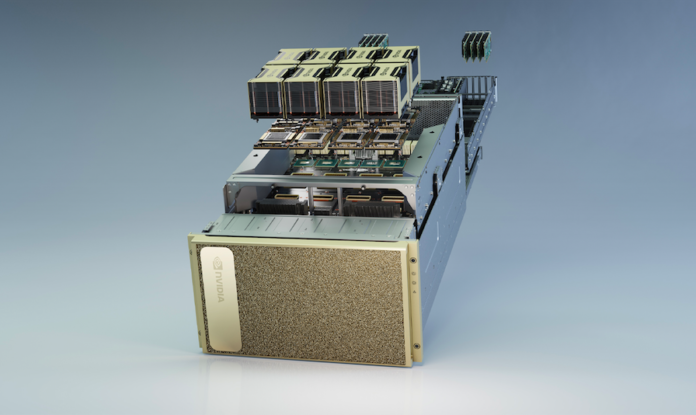CMKL University in Thailand has embarked on a large deployment of the NVIDIA DGX POD AI accelerated computing infrastructure to drive artificial intelligence (AI) research.
The cluster will be the central computing node that connects to research and university nodes across the country.
As part of Thailand’s AI research infrastructure, CMKL is setting up the AI computing cluster to provide capabilities for data exchange, and an AI analytics platform to support competency building in the new normal economy. This will help drive research in various domains such as food and agriculture, healthcare and smart city.
“The platform that we are developing will allow researchers to store and manage their datasets with ease,” said Akkarit Sangpetch, CMKM Program Director (Thailand), CMKL University. “They will be able to exchange their data with other researchers, and utilise the cloud HPC infrastructure to run machine learning codes and models at lightning speeds.”
Established as a collaboration between Carnegie Mellon University (CMU) and King Mongkut’s Institute of Technology Ladkrabang (KMITL), the university provides cutting-edge engineering research and education in Southeast Asia.
Modelled after NVIDIA DGX POD design, CMKL University’s new infrastructure consists of six NVIDIA DGX A100 AI systems delivering 30 petaflops of AI processing power, NVIDIA Cumulus networking software, NVIDIA Mellanox Spectrum 100GbE and Quantum 200Gbps InfiniBand smart switches that interconnect the processing nodes, and 2.5 petabytes of DataDirect Networks (DDN) storage.
When operational in early November, the NVIDIA DGX POD will run PyTorch for image processing, Kaldi for voice recognition, and NVIDIA Metropolis with the DeepStream SDK for smart city video analytics.
The system will deliver up to a 20-fold performance boost, which is greatly beneficial for AI projects such as automated speech recognition research that needs to collect and process 1,000 hours of voice input, and a bottle recycling model that contains 600,000 high-resolution images.
“This platform will accelerate AI work in various research and development fields to create substantial positive impacts on society,” said Sangpetch. “Examples are an increase in quality of life in cities through better management and logistics; better optimisation of circular infrastructure, consumer insights, and biomedical research; and an increase in the quality and quantity of crop yields countrywide.”
Backing the project is Thailand’s Office of National Higher Education Science Research and Innovation Policy Council (NXPO), an autonomous public agency affiliated to the Ministry of Higher Education, Science, Research and Innovation.
















